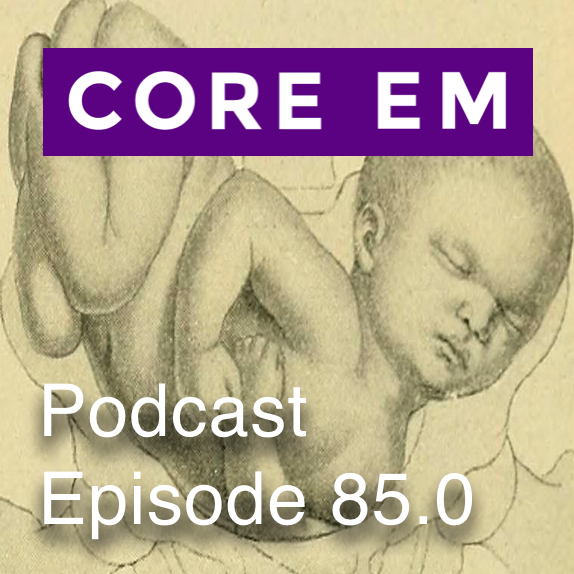This week we discuss three common complications of delivery: cord prolapse, nuchal cord and shoulder dystocia.

 Core EM - Emergency Medicine Podcast
Core EM - Emergency Medicine Podcast Episode 85.0 – Challenging Deliveries
9 snips
Feb 20, 2017 This discussion dives into three critical delivery complications: cord prolapse, nuchal cord, and shoulder dystocia. For cord prolapse, elevate the presenting part and prepare for an urgent c-section. Nuchal cords are common and typically manageable, but shoulder dystocia is a serious emergency requiring quick action. Techniques like the McRoberts maneuver and having an OR on standby can be lifesavers. The hosts emphasize the need for preparedness in these high-stakes situations—every second counts!
AI Snips
Chapters
Transcript
Episode notes
Manage Cord Prolapse Quickly
- In cord prolapse, elevate the presenting part to relieve pressure on the cord and stop cord compression.
- Place the patient in Trendelenburg position and fill the bladder to improve blood flow, then urgently transfer to OR for C-section.
Nuchal Cord Usually Harmless
- Nuchal cord occurs in up to one-third of deliveries but rarely causes problems.
- The fetus is not airway-dependent yet, so gentle unwrapping of the cord is usually all that is needed.
Simulation Builds Confidence
- Jenny Beck-Esmay shared she felt confident managing shoulder dystocia after simulating it the day before.
- Having recent hands-on practice helped transform anxiety into a proud moment of effective care.

